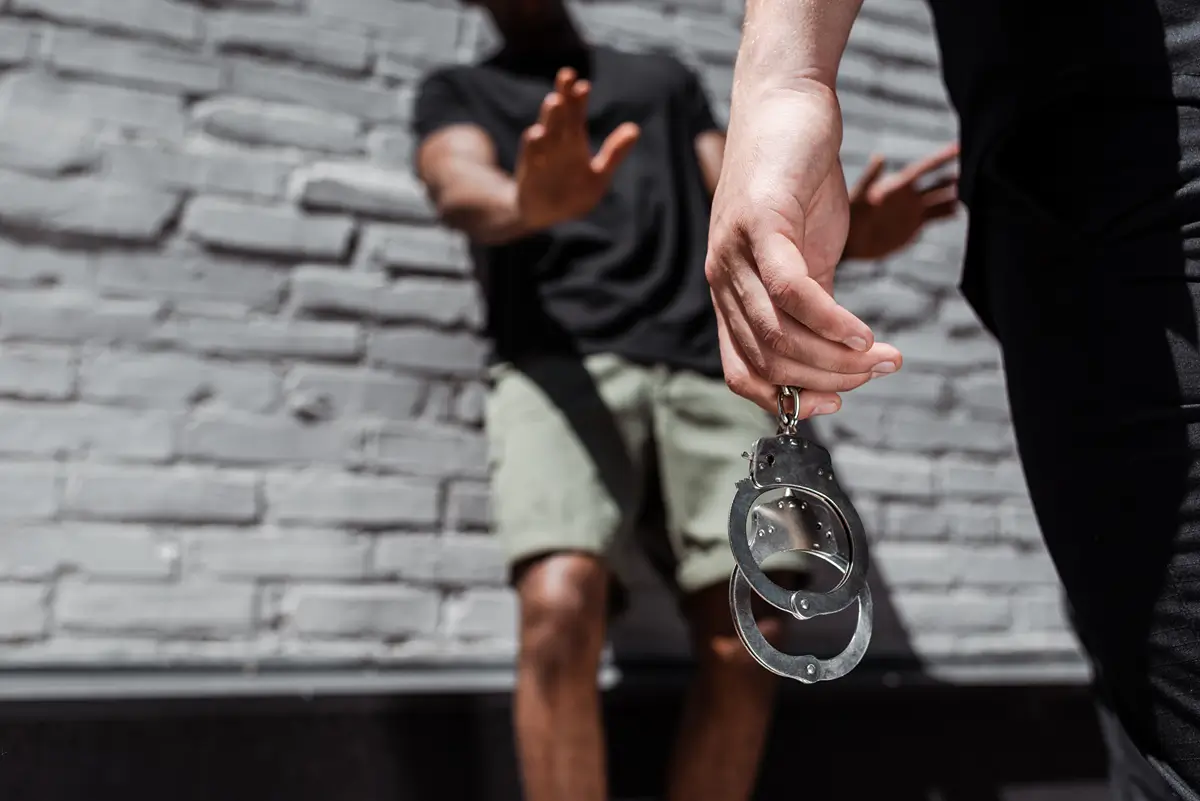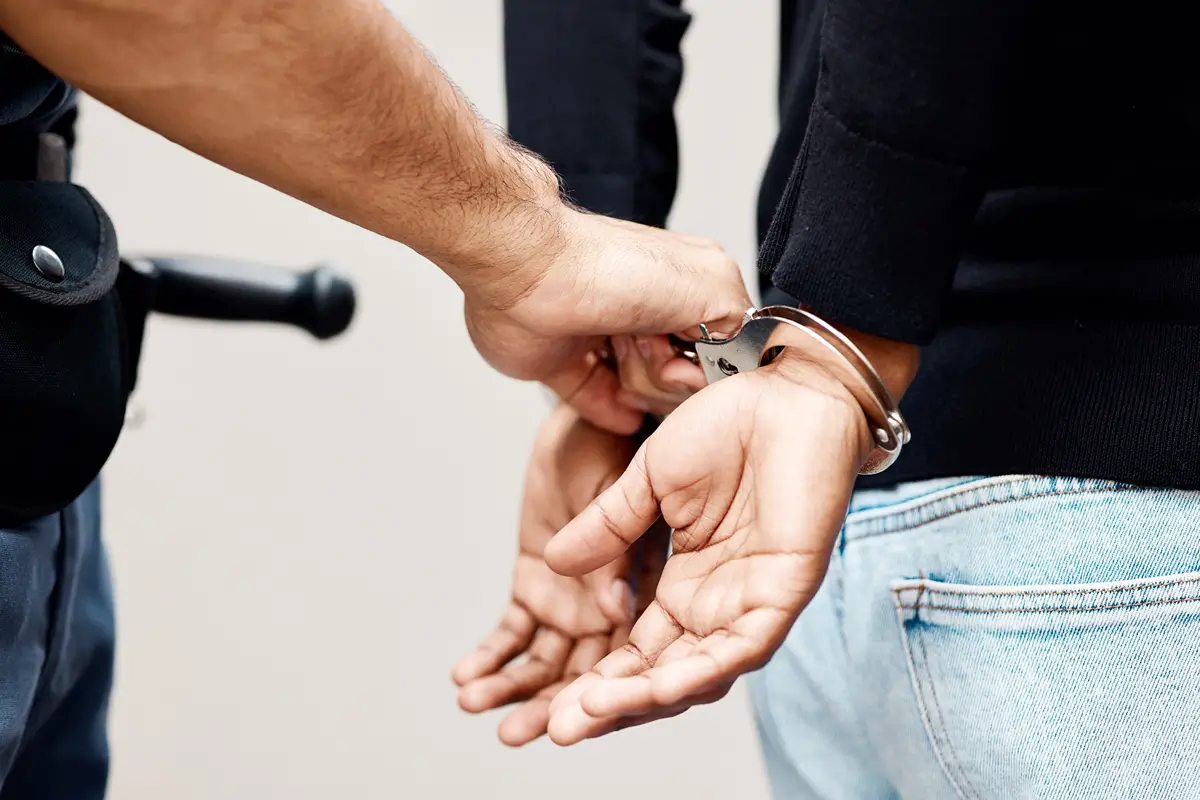Most people are familiar with the Insanity Defense primarily from popular TV shows and movies. I’ll briefly review the history as well as demystify some common misperceptions about this affirmative defense. (I discussed affirmative defenses in an earlier blog, which you can read by clicking the link I’ve provided at the end of this blog).
The main thing to remember about an affirmative defense is that there is no question that a criminal act has been committed and that the person accused of committing the crime did in fact commit it. In the case of the Insanity Defense, there’s another wrinkle that complicates matters. The argument is that the defendant is not responsible for their actions because of some mental disease or defect that affects their ability to appreciate the wrongness of their actions. Another point to keep in mind is that most insanity cases involve somebody murdering or attempting to murder someone. This brings up the notion of “temporary insanity” which is often what happens in crimes of passion. The notion of temporary insanity argues that a defendant was insane during the commission of a crime, but they later regained their sanity after the criminal act was carried out.
How Old Is The Insanity Defense
One of the oldest defenses in history, the Insanity Defense dates to 750 BC, 3700 years ago to the Code of Hammurabi. While it was used more frequently in earlier times, today this defense is rarely used. In our history, the insanity defense has been used in less than 1% of cases with only a 20% success rate. The reason for this is the difficulty in determining whether one is truly insane.
In our country’s early history, the first known insanity plea occurred in 1638 in the Massachusetts Colony. Dorothy Talbee was put on trial for murdering her daughter. The defense put forward the insanity defense arguing that the defendant said that “God told her to murder her infant child.” At the time in our history, the Judge thought she was possessed by the devil and there were no exemptions for murder. The only punishment at the time for murder was death.
Insanity Defined
Determining true insanity is no easy task. During the 1300’s under Edward II’s rule, English Common law declared that a person was insane if their mental capacity was no more than that of a “wild beast” (in the sense of a dumb animal, rather than being frenzied). I pled not guilty due to insanity once and won, which I must say was not the most satisfying legal win of my career. The case involved a young man in his mid-to-late 20’s who had the mental capacity of a 4-year-old. While this defendant was acquitted, he was confined to a mental institution “until which time he would no longer be considered a danger to himself or others.” Many years after serving the maximum sentence he would have received if he had pled guilty, he remains confined to a mental institution. In earlier times, the defendant in a case where the insanity plea was granted the accused were often locked up for life. Even today, due to psychiatrists erring on the side of caution, defendants can be institutionalized longer than they would have been incarcerated in prison.
The Burden Of Proof In An Insanity Defense
In most criminal trials, the burden of proof rests with the prosecution. However, since there is no need to prove if a crime has been committed, nor who committed the act, the only burden of proof is to prove whether the defendant is truly insane, was temporarily insane and is competent to stand trial. Typically, in an Insanity Defense the burden of proof shifts to the defense who must prove that the defendant is truly insane. Though some states keep the burden of proof on the prosecution who must prove sanity beyond a reasonable doubt.
Our jails and prisons are filled with people who are suffering from limited mental capacity and various forms and stages of mental illness. They are truly the largest mental illness hospitals in this country, though the inmates are not receiving the kind of care that will help them get better.
Reach out to us if you would like to discuss whether a loved one or someone you know needs representation for a criminal act committed due to diminished mental capacity or insanity, give us a call at 317- 983-5333. Operators answer 24-hours a day.
If you would like to read about Affirmative Defenses in Indiana, click here: Affirmative Defenses In Indiana
If you would like to learn more about The Insanity Defense, listen to my podcast by clicking here: https://www.youtube.com/watch?v=DU79EYUJs_0






